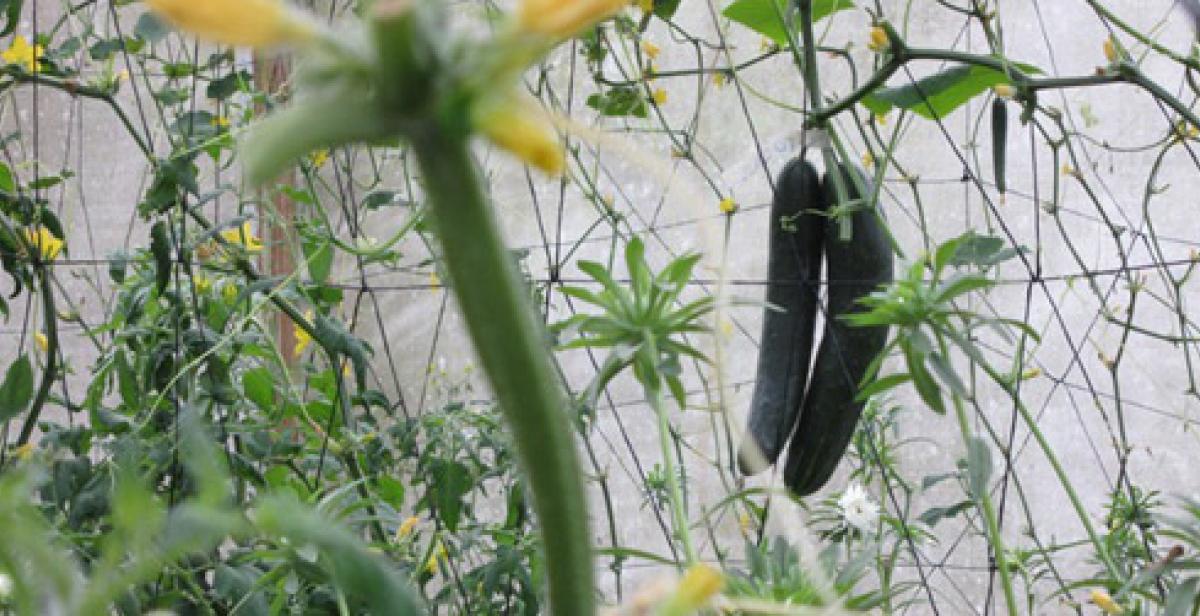For those of us living in the West, the phrase “you are what you eat” is a warning against eating too much junk food, however, this same idiom takes on a different meaning when applied to the eating habits of the developing world. El Salvador, the most densely populated country in Latin America, is struggling with the issue of contaminated food that is risking the health of Salvadorans and will have larger repercussions in the future.
Organic food is often portrayed as a luxury for well-to-do Britons who opt to pay a little more for pesticide-free food. However, in El Salvador, this option is scarcely given and many are forced to consume local produce grown with harmful chemicals that pose a danger to the nation’s health and livelihood. The level of toxins in these foods is much higher than what is permitted in the UK and there is no Food Standards Agency to monitor these dangerous levels. These chemicals will be present in most fruits and vegetables, both of which make up an integral part of the Salvadoran diet.
Many farmers are reluctant to revert back to organic agriculture as the use of chemicals provides bigger yields and produce that lasts longer and therefore guarantees more profit. The process of switching back to organic agriculture after the ease of farming with chemicals is a difficult one. Going organic may mean a less polluted environment and healthier people, but also entails less healthy profits, as organic methods are more time-consuming and may provide a smaller crop yield in the short-term, along with goods that expire faster.
Half of our project is focused on organic agriculture and increasing its prevalence and effectiveness in our area. Santa Marta, the community in which we are based, is making the switch to organic agriculture and has outlined a ten-year plan in which this is expected to happen. The rest of El Salvador is expected to follow in the years to come.
In Santa Marta there are five greenhouses, which are the collective property of the community and belong to everyone. They therefore serve the main interests of the community and are aiding with the implementation of organic agriculture; our project involves creating a completely organic greenhouse from scratch and growing crops in the existing four greenhouses, two of which are making the transition to organic methods.
Progressio ICS volunteer Settit Beyene writes about organic farming in El Salvador
Photo taken by Progressio ICS volunteer Gabriel Smith-Reques



